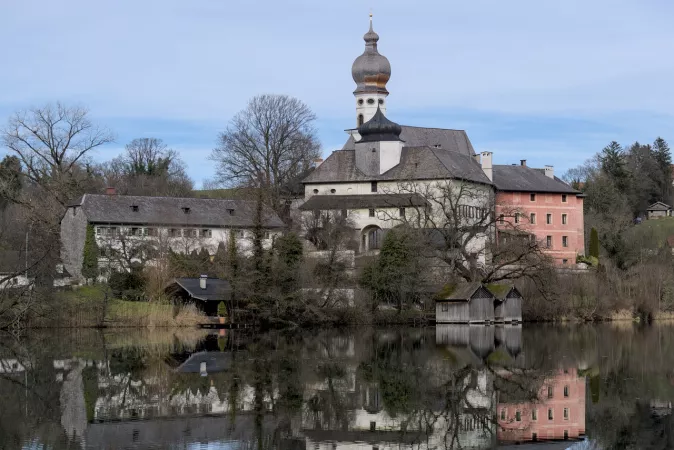
Nako
Duration
2 to 3 Days
2 to 3 Days
Best time to visit
May-Sep
May-Sep
Theme
Hill Station, Adventure, Religious
Hill Station, Adventure, Religious
Nako Travel Guide
Nako is a picturesque village located in the Kinnaur district of Himachal Pradesh, India. Situated at an altitude of 3600 meters, Nako is known for its stunning landscapes, ancient monasteries, and unique Tibetan architecture. The village holds historical significance as it was an important stop on the ancient trade route between India and Tibet. Nako is famous for its peaceful atmosphere, pristine surroundings, and rich cultural heritage, making it a popular destination for nature lovers and spiritual seekers alike.Top Attractions in Nako
- Nako Lake
- Nako Monastery
- Malling Nalla
- Tashigang Village
- Nako Village Walk
Nako is Famous for
Nako is famous for its serene Nako Lake, the ancient Nako Monastery, and the breathtaking views of the surrounding Himalayan mountains.Top Attractions in Nako
- Explore the tranquil Nako Lake
- Visit the ancient Nako Monastery
- Trek to Malling Nalla for stunning views
- Discover the traditional village of Tashigang
- Take a leisurely walk around Nako Village
What's Great about Travelling to Nako?
- Experience peace and tranquility in the lap of nature
- Immerse yourself in the rich Tibetan culture and heritage
- Perfect destination for spiritual retreats and meditation
What's Not So Great about Travelling to Nako?
- Limited accommodation options, mostly guesthouses and homestays
- Limited dining options with basic local cuisine
- Harsh winter conditions may limit travel during certain months
Travel Tips for Nako
- Carry sufficient warm clothing, especially during winter months
- Respect the local customs and traditions, especially at monasteries
- Plan your trip in advance as accommodations can fill up quickly
Important Nako trip information
- Ideal Duration: 2-3 days to explore the village and nearby attractions
- Best Time to Visit: May to September for pleasant weather
- Nearby Airports and Railway Stations: The nearest airport is in Shimla, and the nearest railway station is in Shimla as well.
FAQ's on Nako
Q1: What is the best time to visit Nako?
The best time to visit Nako is during the summer months from May to September when the weather is pleasant and ideal for exploring the region. This period also allows you to witness local festivals and events. However, if you enjoy snowfall and winter activities, visiting during the winter months from December to February can be magical but be prepared for cold temperatures and snow-covered landscapes.
Q2: Do I need a visa to travel to Nako?
Most tourists do not require a visa to visit Nako as it is a part of India. However, it is essential to check the latest visa regulations and entry requirements based on your nationality to ensure a hassle-free trip.
Q3: What are the must-visit attractions in Nako?
Nako offers stunning attractions such as Nako Lake, Nako Monastery, Tabo Monastery, and the picturesque village of Tashigang. The landscape of Nako Valley is breathtaking, and the village itself is a cultural gem worth exploring.
Q4: Is Nako a safe place to travel?
Nako is generally a safe destination for travelers. However, like any other place, it is advisable to take standard precautions, especially in remote areas. It is recommended to respect local customs and avoid wandering alone at night in unfamiliar locations.
Q5: What is the local currency in Nako and can I use credit cards?
The local currency in Nako is the Indian Rupee (INR). While credit cards may be accepted in some hotels and larger establishments, it is advisable to carry cash, as smaller shops and local vendors may not accept cards. ATMs are limited, so it's wise to carry enough cash for your trip.
Q6: What is the local cuisine like in Nako?
Nako offers a unique blend of Indian and Tibetan cuisine. Some popular dishes include momos, thukpa, and local bread known as 'Tingmo'. Vegetarian and non-vegetarian options are available, catering to different preferences. Don't miss trying the local butter tea for an authentic taste of the region.
Q7: What transportation options are available in Nako?
In Nako, transportation options include local buses, shared taxis, and private cabs for getting around. Renting a motorcycle or hiring a local guide can also be great ways to explore the area. The roads can be challenging, so be prepared for some rough terrains.
Q8: Are there any cultural norms or etiquette I should be aware of when visiting Nako?
When visiting Nako, it's essential to respect local customs and traditions. Remove your shoes before entering monasteries, temples, or homes. Dress modestly, especially when visiting religious sites. Greeting people with a 'Namaste' is appreciated, and it's customary to ask for permission before taking photographs of locals. Respect for the environment and wildlife is also highly valued in this region.
Q9: I am a travel agent. How can I buy travel leads of Nako?
Register yourself as a travel agent at agents.tripclap.com and then you can buy travel leads to Nako once your account is approved. For more details contact our support team at +91-8069186564 or support@tripclap.com
